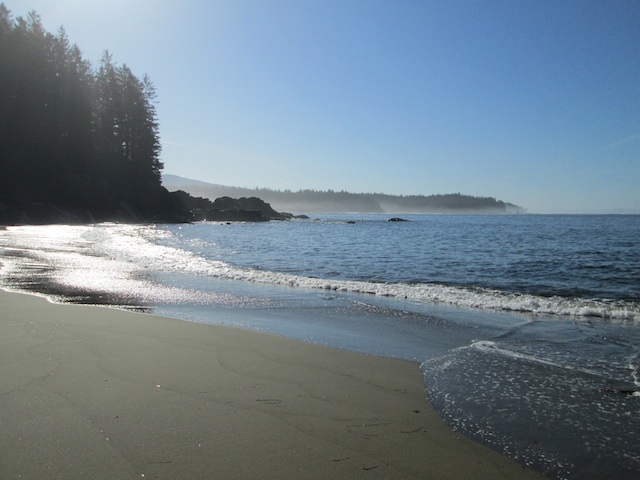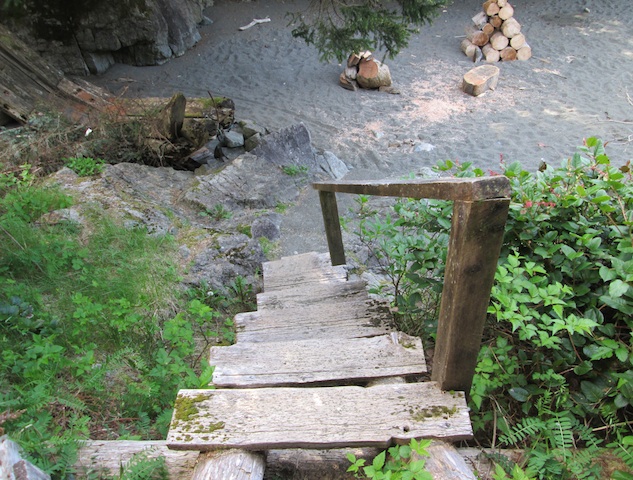
Nature is the great sustainable system. Humans have always altered nature to supply our own needs. How will the human family learn to live in balance? This question will be answered by the myriad of choices facing today’s generation.
“A community economy is not an economy in which well-placed persons can make a ?killing?. It is an economy whose aim is generosity and a well-distributed and safeguarded abundance.”
Wendell Berry’s 17 Rules For A Sustainable Economy
What is a sustainable system? Over the next few months I will try to answer that question for myself. I have dreaded writing this series because of very obvious pitfalls.
First, I want to make a statement about where I’m coming from. I started to study botany and ecology at university but I did not have the hardiness to become an academic. Nor did I want to transform my love of nature into what I saw as “pea counting”.
Nevertheless, I am a lifelong, autodidactic learner with a deep interest in these topics. I am also a reformed environmentalist. These days I have more in common with hunters, fishermen, wildcrafters, ranchers, farmers and gardeners than conservationists.
I do not see myself as a steward of the environment.?The human family does not possess this world no matter what some of us might think. The world possesses us. I will try to avoid the human condition of hubris.
I will focus on simple systems that the household can implement. I am not interested in grand plans or movements that want to force people, through government regulations and laws, into changing their practices. If an idea is?good, it will take root without force.
Actually, grand plans scare the living daylights out of me. If you wonder why I deeply fear grand plans, please read Ecofascism: Lessons from the German Experience. It is a cautionary tale. Governments have a monopoly on the use of force. If the environmental need is perceived as the highest good and the only value then, backed by the forces of government, even genocide is acceptable.

Appropriate technology and appropriate materials change with our environment. Here are some hand-split cedar steps. On the west coast, wood and water is never in short supply.
Nature is a beautiful example of a sustainable system. Everything lives, dies and is recycled in its time. It’s a messy, complicated process. Can the human family find a way to make peace with this system and live within its sacred balance? Or are we predestined to rise and fall and be recycled like everything else?
Back in December 2011, I wrote Dreaming in the New Year: “Maybe we need to learn how to tame our technology and harness our brilliance. All the answers are out there, we just have to apply them.” Tame our technology. Harness our brilliance. These words have haunted my nights and filled my dreams. What a simple idea with such complicated, possible outcomes. Here are just some of my experiments as I try to answer the question: “What is a sustainable system?”
Sustainable System: Gravity Water System
Sustainable System: Mason Bee Condo
Sustainable System: Solar Electric Fences
Sustainable System: Rocket Stoves
I would like to end this post with a TED Talk by Allen Savory called How to Green the Desert and Reverse Climate Change. Allen Savory talks about his own personal journey of discovery that has made him question current wisdom about climate change and solutions. Shaen has tried using Allen Savory’s methods here in Kamloops. If you would like more information please see Brittle Grassland Pasture Update: Photo Essay.
“To be truly radical is to make hope possible, rather than despair convincing.?
Raymond Williams
